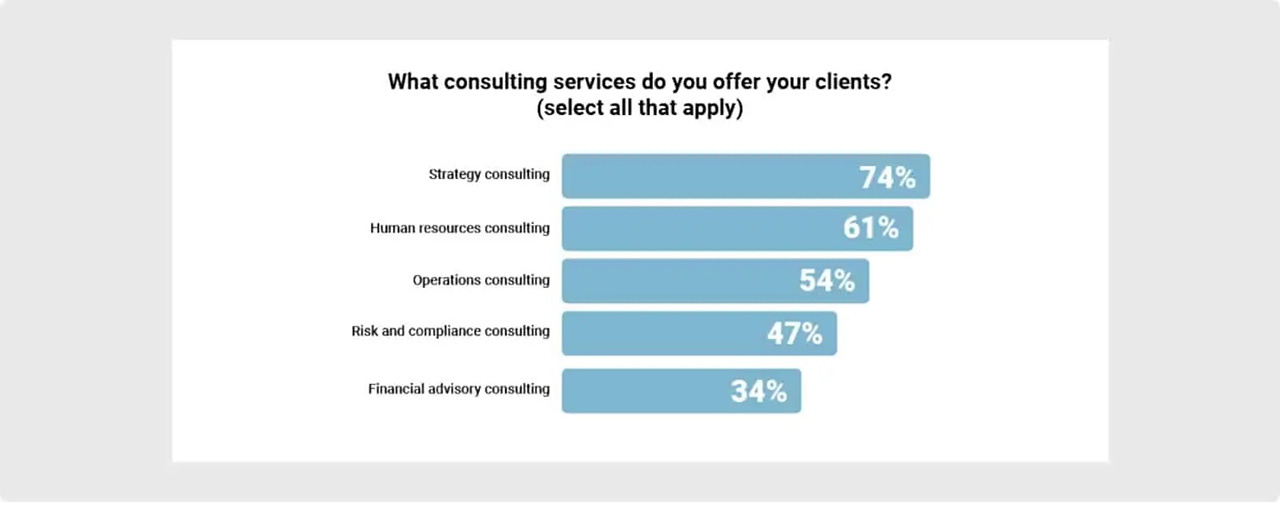
You have many options if you're interested to become a system engineer. Whether you want to work on a software product or develop applications for other industries, there's a career that will suit your needs. You should think about the education and work environment you will need as well as your job duties.
Day in the life of a system engineer
Workday has thousands of servers, network devices and other infrastructure. A system software engineer supports them. This role requires strong analytical skills and the ability of validating the delivery. A strong communication skill is also necessary, since the system software engineers will interact with various business users as well as technical teams.
You will be developing applications for operating systems and computer networks as a systems software engineer. Computer systems and information technology are essential skills. Also, you will need to be able analyze and adapt software requirements to new environments. You can work remotely, unlike other IT jobs. Besides, you can expect a decent salary and other perks.

Education necessary
An education that prepares you for the challenges you will face as a system developer is essential if you want to become a system software engineer. A computer science degree is helpful, as is a background knowledge in computer engineering. It is also a good idea to have a master's degree in this area. In addition, continuing education will help you improve your skills and build your resume. According to the Bureau of Labor Statistics there are currently 385.200 computer systems software engineers employed in the United States. This number is expected grow 22 percent by 2030. That would add 409,500 jobs.
As a systems engineer, you'll develop software for different departments of an organization. In addition, you will research, design, install, and operate computer systems. An engineer systems software can work in several fields, such security to gaming systems. Also, you will need to know the needs and design software solutions that meet them. Additionally, you will need to be proficient in programming languages, such as C++, Java and Python.
Your job duties
A systems software engineer has a variety of duties and responsibilities. They often act as the interface between the hardware-software teams. They develop specifications and performance criteria for new and existing systems. They work with a wide range of departments and clients to ensure the success each project. Systems software engineers also use data and statistics in order to design optimal hardware and software systems. Other responsibilities include working with managers and staff to resolve technical issues as well as implementing system validation procedures. In addition, they will need to communicate project data to managers or stakeholders, and be able build team cohesion.
Senior systems software engineers manage the computer network systems and teams of software developers. They may be responsible for solving complex applications, supervising other IT personnel, or integrating new technologies. Senior systems software engineers also oversee the software development team, which requires them to be knowledgeable in various programming languages and have strong organizational skills. A bachelor's degree is required in a relevant field such as computer science, information tech, or engineering.

Work environment
A system software engineer typically works in an office environment, writing code and running software programs to test it. He or she works with computer programmers and software engineers. They may work in a group to create large systems or independently to develop smaller programs. They might work longer hours, sometimes for more than 40 hours per semaine.
This job requires a bachelor's level degree and knowledge of computer systems and technology. System software engineers typically major in computer science or software engineering. Those seeking a more advanced position may wish to pursue a graduate degree.
FAQ
What qualifications does a consultant need?
Not only is it important to have an MBA but you should also have business consulting experience. A minimum of two years' experience in consulting, training and/or advising a major company is necessary.
You will need to have worked closely alongside senior management teams in order to develop strategy projects. This will require you to be comfortable sharing your ideas with clients and getting their buy-in.
A professional qualification exam like the Certified Management Consultant (CMC), Chartered Management Institute, is required.
What does it cost to hire an expert?
There are many factors that go into the cost of hiring a consultant. These are:
-
Project size
-
Time frame
-
Scope and nature of work
-
Fees
-
Deliverables
-
Other factors to consider include location, experience, and other considerations.
What are the different types of jobs available for consultants?
Consulting requires an in-depth understanding of operations and business strategy. It is important to understand the workings of businesses and how they fit into society.
Consultant work requires excellent communication skills and the ability to think critically.
Consultants should be flexible because they may be asked for different tasks at various times. They must be able and willing to adapt quickly to changes in direction.
They should be prepared to travel extensively in support of their clients. This type of work can take them all over the world.
They must also be able handle stress and pressure well. Consultants might sometimes have to meet tight deadlines.
Consultants may work long hours. This means that you may not always get paid overtime rates.
What kind of contracts can consultants sign?
Most consultants sign standard employment deals when they're hired. These agreements detail the length of the consultant's contract with the client, the amount he/she is paid, and other important details.
Contracts may also include details about the specific areas of expertise that the consultant is going to be focusing on as well as how they will be compensated. A contract may state that the consultant will deliver training sessions or workshops, webinars, seminars and other services.
Other times, the consultant simply agrees to complete specific tasks within a specified timeframe.
In addition to standard employment agreements, many consultants also sign independent contractor agreements. These agreements allow the consultant to work independently but still receive payment for his/her efforts.
What can I expect of my consultant?
After you have selected your consultant, expect to hear from them within a few business days. They will request information about your company including its mission and goals, products, services, budget, and other pertinent details. After that, they will send you a proposal detailing the scope of work, expected time frame, fees and deliverables.
If everything is in order, then the parties will enter into a written contract. The type of relationship between them (e.g. employer-employee or employer-independent contractor) will determine the terms of the contract.
If all goes according to plan, the consultant will begin working immediately. S/he will have access to your internal documents and resources, and you'll have access to his/her skills and knowledge.
You shouldn't assume, however, that every consultant is an expert in all areas. It takes effort and practice to become an expert in whatever field you consult. Don't expect your consultant know everything about your company.
Statistics
- According to statistics from the ONS, the UK has around 300,000 consultants, of which around 63,000 professionals work as management consultants. (consultancy.uk)
- Over 50% of consultants get their first consulting client through a referral from their network. (consultingsuccess.com)
- WHY choose me: Why your ideal client should choose you (ex: 10 years of experience and 6-week program has helped over 20 clients boost their sales by an average of 33% in 6 months). (consultingsuccess.com)
- Over 62% of consultants were dissatisfied with their former jobs before starting their consulting business. (consultingsuccess.com)
- 67% of consultants start their consulting businesses after quitting their jobs, while 33% start while they're still at their jobs. (consultingsuccess.com)
External Links
How To
How can I start a consultancy business with no money?
You can easily start your own consultancy business with no capital investment.
This tutorial will help you learn how to make extra money while working remotely, improve your skills, and achieve success.
I'll share my secrets for generating traffic on demand, particularly when people search for something specific.
This is known as 'Targeted Traffic. This is the method that was created to enable you to do such things.
-
Find the niche in which you would like to work.
-
Research which keywords people use to find solutions on Google.
-
These keywords are the basis of your content.
-
Post your articles on article directories.
-
Make sure to use social media sites for promotion of your articles.
-
You can build relationships with people who are experts in the field.
-
Get featured on these sites and blogs.
-
By sending emails, you can increase your email list.
-
Make money.